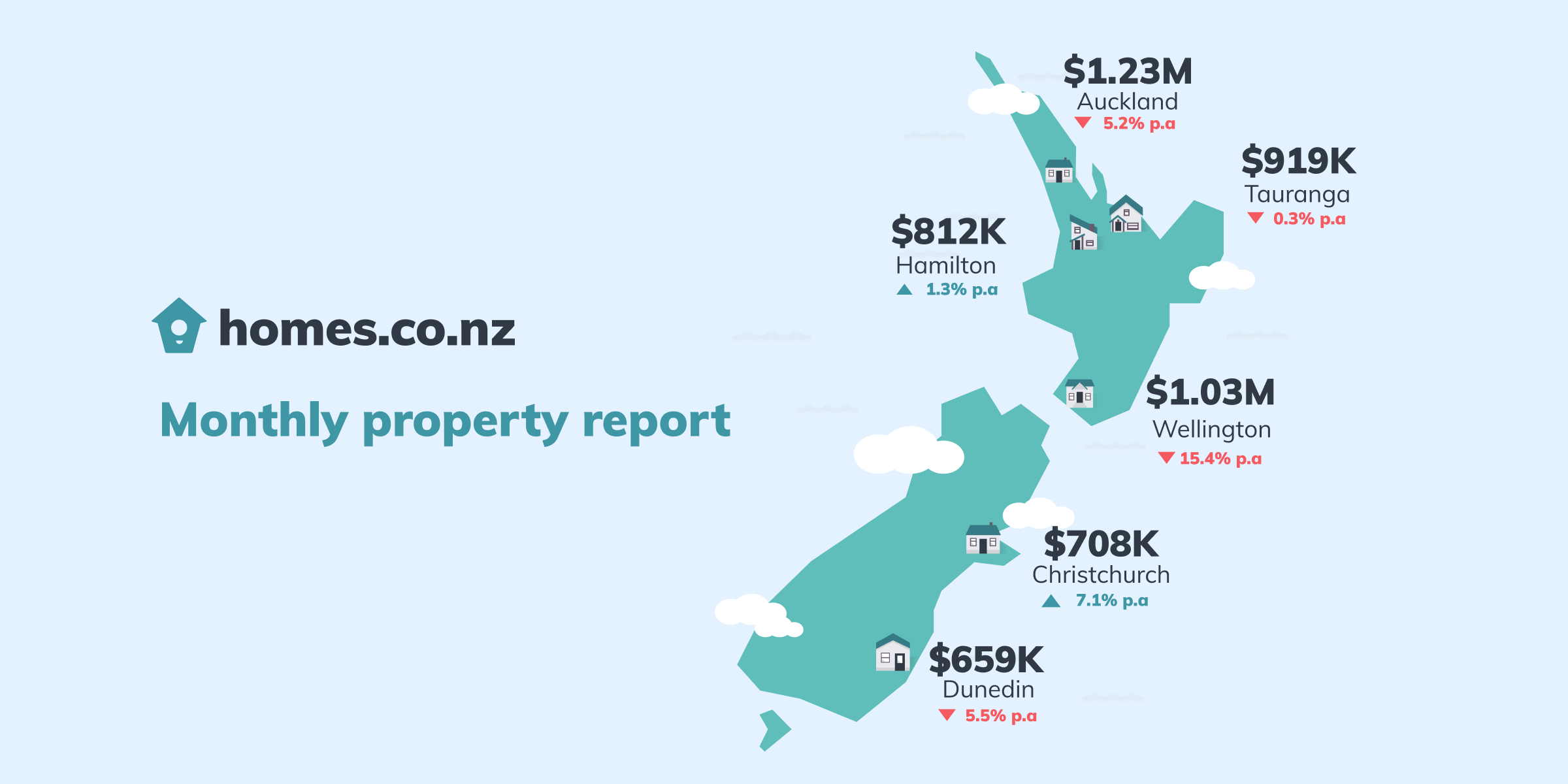Understanding the different kinds of home ownership in New Zealand can be confusing. Buying a unit title property, such as an apartment or townhouse, means you automatically become part of a body corporate, but what does this mean for you?
What is a unit title?
Unit title ownership, also known as a ‘strata title’ or ‘stratum estate’, is most common in a building where there are multiple owners, like townhouses, units or apartments.
As a unit title owner, you own your apartment or unit outright and anything else listed in the record of title, such as garages, car parks and private outdoor areas. You also have an undivided share of the common property, such as lifts, lobby areas, driveways and shared gardens.
Owning a unit title means there are different obligations to your standard house and land ownership. They are governed by the Unit Titles Act 2010, which sets out the rights and responsibilities of a unit title owner, so that the group of units can be managed effectively.
What is a body corporate?
When you buy a unit title, you automatically become a member of the body corporate, which is made up of all the unit owners acting as a group.
What does a body corporate do?
Body corporates handle the management and maintenance of the building and property. Most day-to-day decisions of the body corporate can be made by a body corporate committee or with the agreement of 50% or more of the unit owners. Some decisions will require the agreement of 75% or more of the unit owners. The body corporate must hold an AGM (annual general meeting) at least once a year to discuss issues and vote on them.
What does it cost to be a member of a body corporate?
You will usually pay an annual fee (a levy) to the body corporate, which will go towards budgeted body corporate expenses. The fee will include costs like insurance and management expenses (by an external contractor), contributing to a long-term maintenance fund (LTMF) and any services the body corporate arranges for its members (for example, rubbish collection and cleaning communal areas). Any body corporate costs that have not been included in the budget are also payable by the unit owners, usually by way of a special levy.
What should I know about a unit title before I buy?
When buying a unit title, the seller must give you the following information about the unit and the body corporate before you buy:
- A pre-contract disclosure statement, which the seller provides before entering into an agreement for sale and purchase.
- A pre-settlement disclosure statement, which the seller provides after entering the agreement for sale and purchase, but before settlement of the sale.
- Any additional information you request about the body corporate. (You may need to pay for this.) Additional information could include the insurance policy for the property and information about any other liabilities, such as repair bills and maintenance fees.
The Ministry of Business, Innovation and Employment have a site called unittitles.govt.nz, which covers everything you need to know about unit titles, including unit owners’ responsibilities, how body corporates work, money and maintenance and a short guide to unit titles.
As with any property purchase, it’s wise to seek legal advice. Your lawyer or conveyancer can help you understand the body corporate rules – your obligations and what you can and can’t do with your apartment or townhouse.
Talk to the neighbours
Chatting to other unit, apartment or townhouse owners can be beneficial. Not only will they be able to give you their opinion on what it’s like to live at the property, but they will also be able to give you an owner’s perspective on how the body corporate functions – if it has been working well, if any works are outstanding or if there are matters that have not been logged in the body corporate meeting minutes.
Things to think about before you buy a unit title property
When buying any property, it’s important that you do your homework. Here are some questions you may wish to ask when buying a unit title:
- Can I have a copy of the body corporate’s rules?
- Can I get copies of the minutes from the body corporate’s meetings?
- How are the body corporate’s finances managed?
- Can I see the financial reports and budgets from the previous years?
- Are there regular fees I need to pay? If so, how are these collected?
- Are all the owners’ levies up to date?
- Does the body corporate have a long-term maintenance fund?
- What is the body corporate’s long-term maintenance plan? What does it cover?
- Does the long-term maintenance fund have enough money in it to pay for the repairs and maintenance detailed in the plan?
- Is there any major maintenance due and are there are funds to complete it?
- What is the building’s insurance policy?
- How many units or apartments are owner-occupied?
- Of the tenanted properties, are the rentals long or short-term?
- How much soundproofing does the unit have?
- How are disputes handled?
- Does my unit or apartment come with a parking spot or do I need to purchase a separate title?
- Is there any visitor parking?
When buying a unit title property, it’s important that you have a clear understanding of what you’re committing to. Remember that you will be sharing common property and responsibilities with those around you.


